Regions with high humidity don’t merely lead to excess moisture and damp conditions.
The situation might also lead to severe sickness, mold and mildew formation, and damage to your home or office.
Not all circumstances call for you to purchase a unit, though. So, do you need a humidifier?
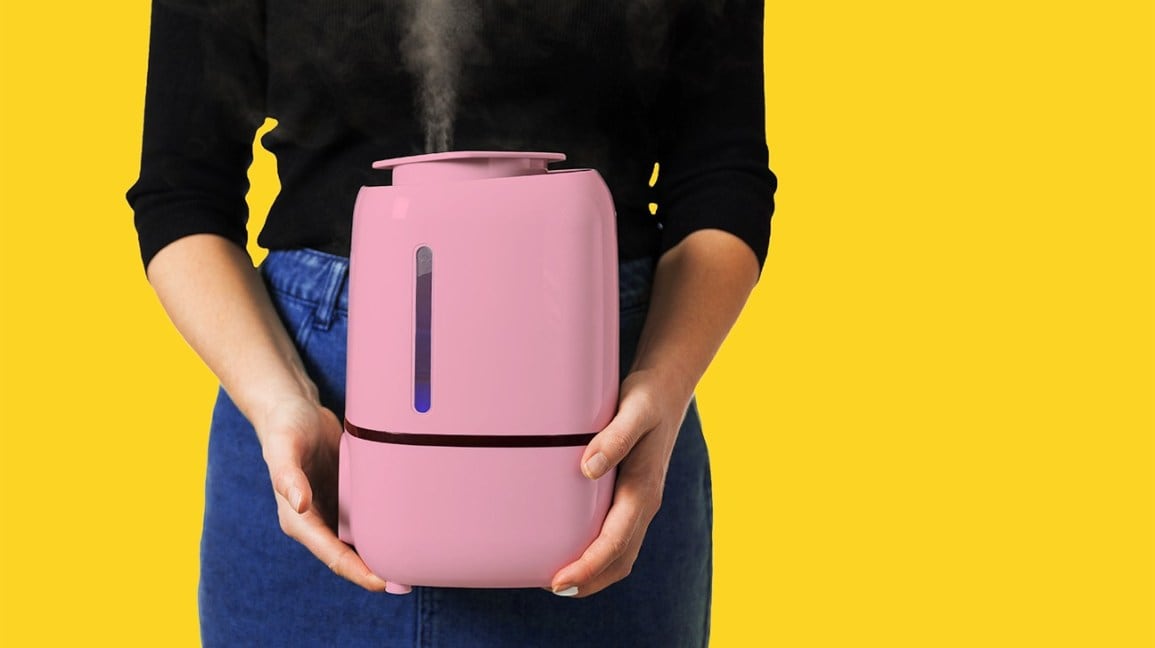
How Do You Know If You Need a Dehumidifier?
It can be challenging working out whether or not you need a dehumidifier, especially if you’re not an expert in the field of moisture dynamics. Here are some signs that should give you a hint.
Damp Spaces
Excess moisture in the air often leads to dampness around the home, specifically in the basement or in hidden crawl spaces. If you leave it to remain stagnant in those areas, it can lead to larger problems.
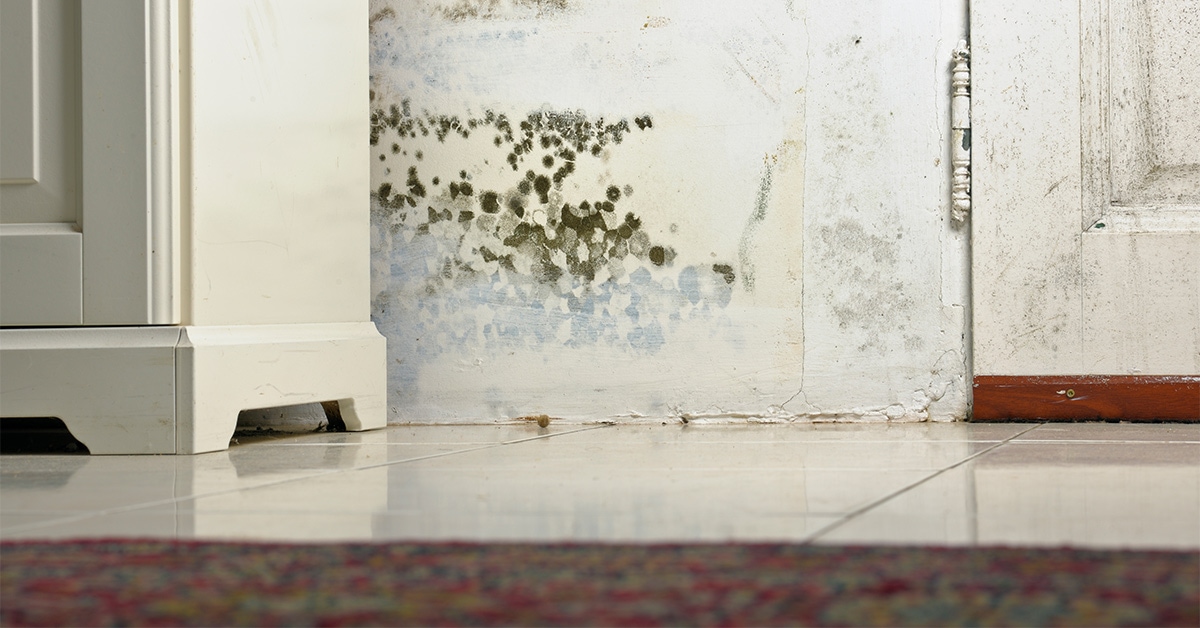
Even if you own a central air conditioning unit, the device isn’t equipped to deal with water damage and wet spaces. It’s better to invest in a dehumidifier that can help prevent the formation of damp environments.
High Humidity
Acceptable humidity levels reside between 35% and 50%. Any amount above this is too high and will lead to uncomfortable living conditions. Furthermore, you’re promoting clammy conditions that will lead to illness and foul odors.
Dehumidifiers have sensors that detect what the humidity level is and bring it down to acceptable standards. You can also set which level you prefer on the control panel.
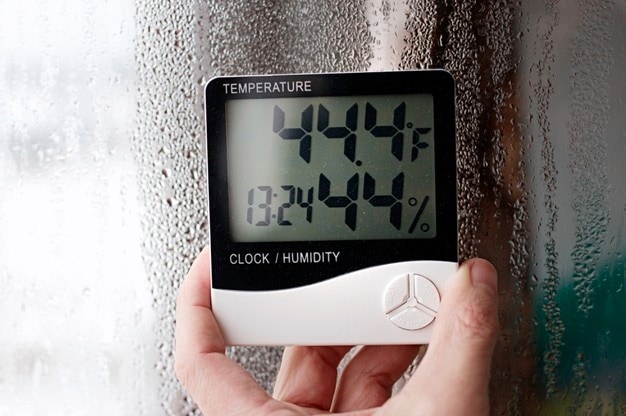
Excessive Condensation
High humidity doesn’t only occur in the summer heat. When the outside temperatures drop in winter, and the interior is warm from the heater or a roaring fire, condensation on windows and walls indicates that it’s too humid. If you see random droplets forming, this is an excellent sign that you need a dehumidifier.
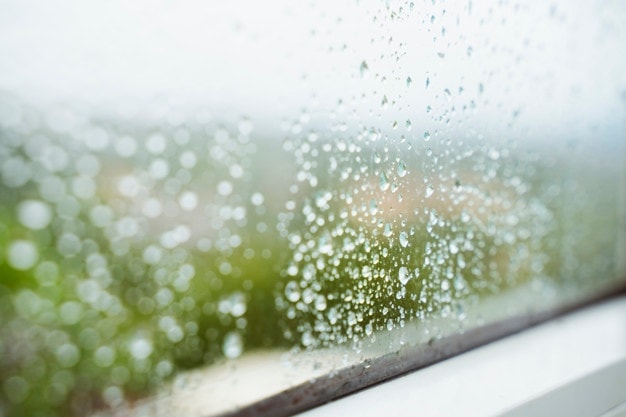
Poor Ventilation
If you have a home that has fantastic insulation but poor ventilation, you’re creating an environment that’s prone to dampness and high humidity. Steamy showers and kitchens cause the same problem, resulting in issues with smoke and moisture that lingers instead of circulating.
While dehumidifiers predominantly reduce humidity, they also assist with airflow.
Musty Smells
You might come across a musty smell from somewhere in your home that’s hard to get rid of, especially in the basement. Dampness and excess moisture may be rotting your floorboards or carpets or ruining the home’s structure.

Some dehumidifiers have internal filters that capture these odors while reducing moisture. When you find the source of the scent, be sure to see what’s causing it before you switch on the machine, since it might be a sign of a larger problem.
Mold Formation
Water and dampness is the root cause of mold and mildew formation. Microorganisms thrive on water, growing to large numbers in days while the spores spread across the area. The more moisture they find, the faster they grow.
Fortunately, dehumidifiers dry wet areas and remove excess moisture in the air. With no water to live on, these growths will vanish in no time. There will also be less chance for bacteria to form.
Water Damage
High humidity isn’t the only reason you may need a dehumidifier. Sometimes a pipe might burst or your washing machine begins to leak. If you don’t dry these properly, it can lead to water damage to the floors, walls, and ceilings. Ensure that you employ a dehumidifier before extensive damage occurs.
Do I Need a Dehumidifier in My Basement?
The basement is the most common hideout for dampness. Old houses have stone foundations dating back hundreds of years. It’s normal for these sub-floors to leak, hold high humidity, or provide the perfect atmosphere for mold formation.
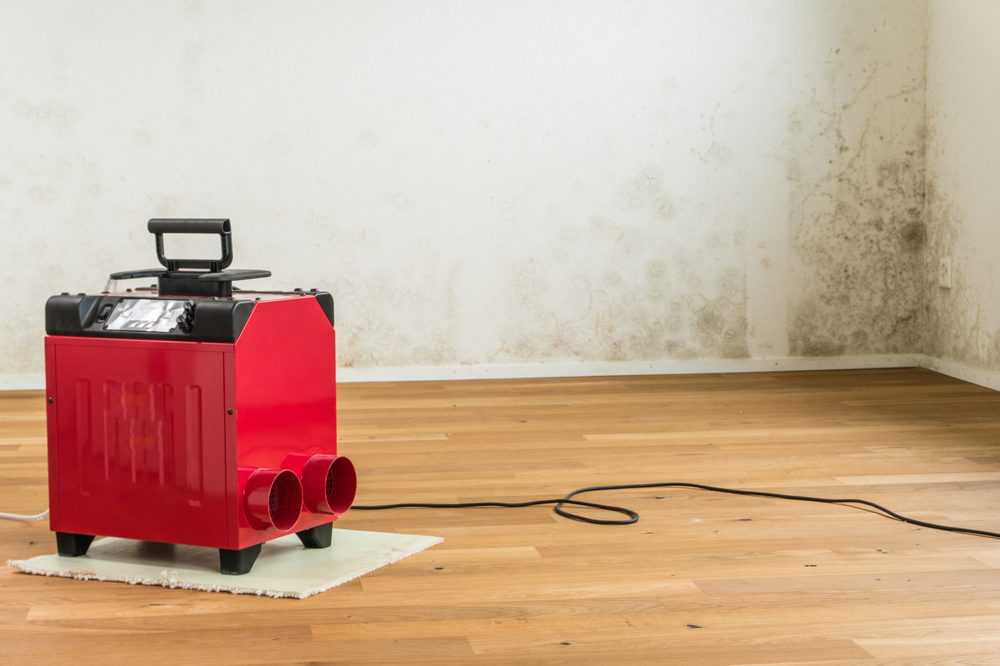
While the rest of your home may be fine, you should always check the basement moisture levels. If you see any signs of water damage, dampness, or humidity over 50%, you’ll need to install a dehumidifier as soon as possible. If there are bad smells or lingering dust, see if you can find one with an internal filter.
Do You Need a Dehumidifier in the Winter?
There’s a common misconception that dehumidifiers are unnecessary in winter since hot weather usually causes high humidity. Furthermore, refrigerant units can’t handle temperatures below 60° F. The main reason is that the condenser coils tend to freeze.
However, you may still suffer from high moisture levels in winter, and dampness is still a significant concern. There are low-temperature dehumidifiers available that can function in extreme climates. You can also find desiccant and heat-pump units that don’t work by cooling the air to reduce humidity.
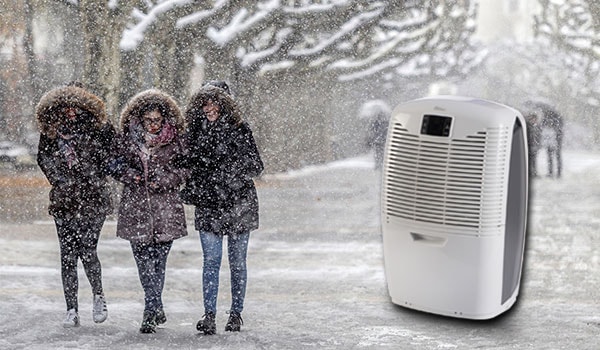
What Does a Dehumidifier Do?
A dehumidifier serves several purposes, but the main one is to reduce humidity levels to respectable conditions. Anything above 60% is dangerous to your health and home, so you can quickly bring it down to between 35% and 50%. Reducing the air’s moisture will also prevent other problems, such as mold formation, foul odors, and structural damage.
There are other functions that dehumidifiers also perform. For instance, they promote air circulation and a healthy environment. If one contains internal filters, it can also remove dust and contaminants from the water and air.
Do Dehumidifiers Work?
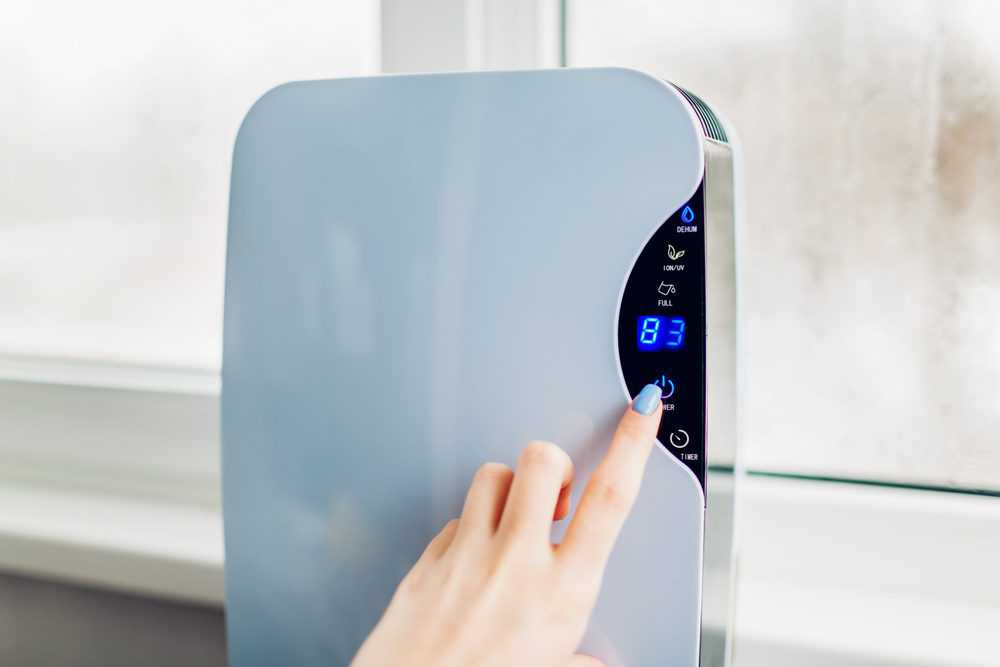
Yes, mainly if you use the correct one in the right conditions. There are different categories, including residential, commercial, industrial, whole-building, and portable.
Each type has a unique design to handle specific environments. Home dehumidifiers are too small for factories and won’t perform as well.
Furthermore, you’ll need to purchase the correct dehumidifier size for it to work effectively. Measure the square footage of the area, the humidity level, and how many rooms you want to cover. Furthermore, you’ll need to check for anything that causes obstruction.
Conclusion
Dehumidifiers are absolutely a necessity where high humidity levels cause problems in the home and work environments. If you’re also struggling with dust and smoke, you should locate units with internal filters for cleaner air and better circulation. Of course, if you have dry air roaming around, you’re better off looking at a humidifier.
People Also Ask
If you’re hungry for more information, we’ve collected the top FAQs here below. Feel free to send us more queries if you’d like us to answer them for you.
It depends on the house’s size, how many floors there are, and the design. Even with large homes, you can get away with a 70-pint dehumidifier as long as there are open spaces.
However, a complex layout may block airflow and make the dehumidifier less effective. One unit can reduce humidity over two floors if placed in a strategic location. You’ll need to measure your spaces and see if a whole-house dehumidifier is the best solution.
No, they don’t. Dehumidifiers use less power than air conditioners and are far more energy-efficient. Furthermore, most manufacturers obtain an Energy Star rating these days to confirm the low power usage, so ensure you watch for those labels.
There are too many factors involved for a straight answer. For instance, 30, 50, and 70-pint dehumidifiers are standard sizes for small, medium, and large homes. If you work in a massive office complex, you may want to purchase anything that removes up to 150 pints of moisture per day. It also depends on how much humidity would need to be removed, along with the particular dampness levels.
